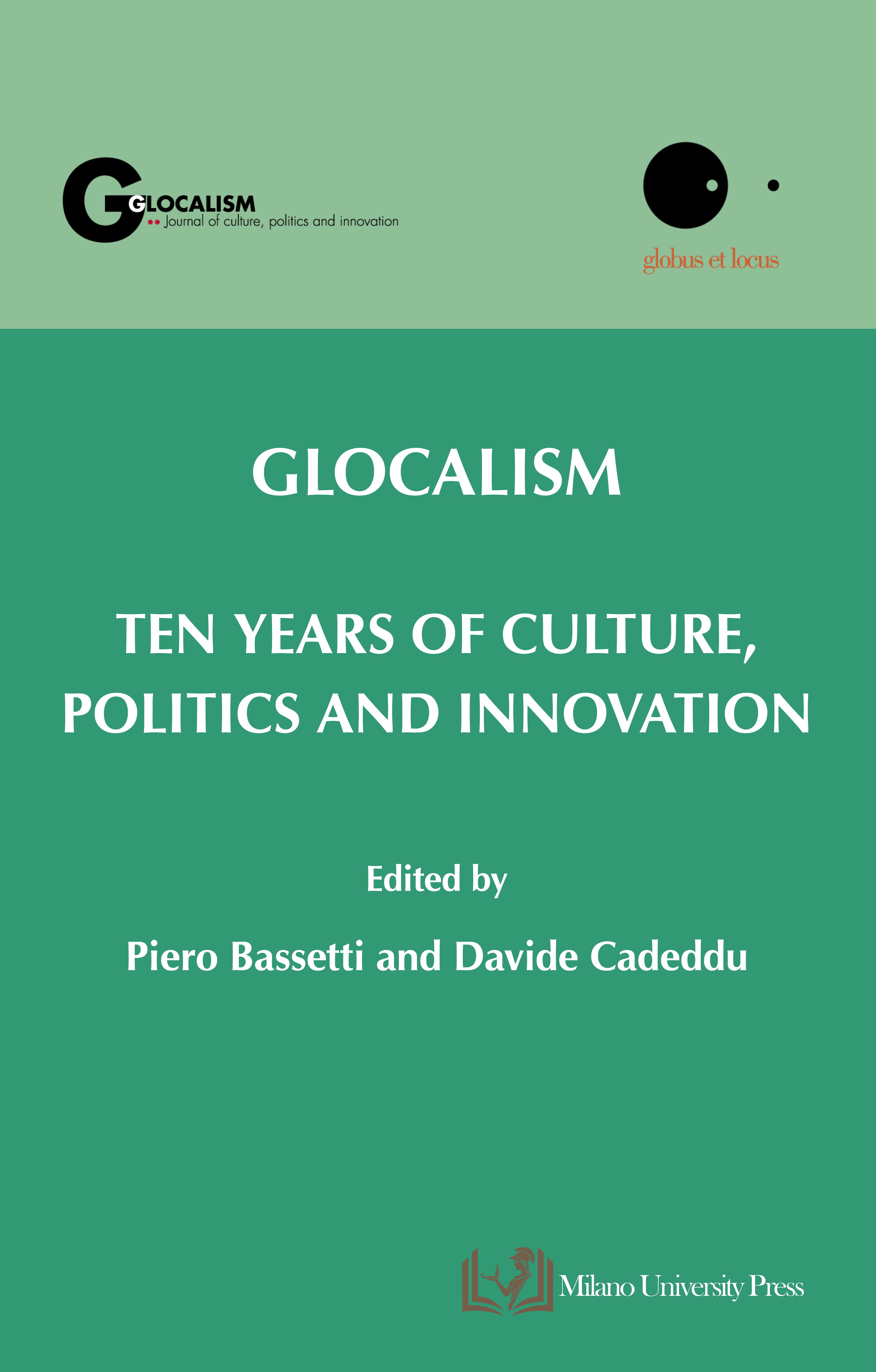Resilient development and environmental justice in divided territory: political ecology in the San Diego-Tijuana bioregion
DOI:
https://doi.org/10.12893/gjcpi.2015.1.2Keywords:
environmental justice, political ecology, resilience, bioregionalism, US-Mexico borderAbstract
This paper explores issues in the expansion of environmental justice rhetoric to the developing world, and propose insights from resilience theory, political ecology, and bioregionalism as supplements. I do this from the frame of the San Diego-Tijuana region, where regional inequalities are stark and global processes have a heavy local footprint. Sharing a broadly-defined natural region, the growing evidence of ecological crisis increasingly calls for collaboration between two communities which often perceive themselves as relatively disconnected. Understanding challenges to social-ecological resilience and environmental justice in the San Diego-Tijuana region, however, also requires understanding it as an inflection point for global economic, military, and human migration flows occurring at many scales. It is in the context of building effective regional collaboration that environmental justice must engage the analyses of scale and political economy contained in political ecology as a challenge. I suggest, however, that any environmental justice discourse informed by political ecology cannot remain abstract from the local context. A “bioregional” community forged around shared ecological systems may serve as an important resource for creating social-ecological resilience in politically divided territory.
Downloads

Downloads
Published
How to Cite
Issue
Section
License
Copyright (c) 2023 Kyle Haines

This work is licensed under a Creative Commons Attribution-ShareAlike 4.0 International License.











